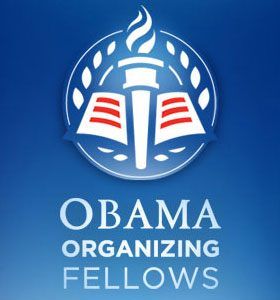Carter Godwin Woodson (December 19, 1875 – April 3, 1950) was an African-American historian, author, journalist and the founder of the Association for the Study of African American Life and History. Woodson was one of the first scholars to study African American history. A founder of Journal of Negro History (now titled The Journal of African-American History), Dr. Woodson has been cited as the father of black history.
Woodson understood how important gaining a proper education is when striving to secure and make the most out of one’s divine right of freedom. Although he did not begin his formal education until he was 20 years old, his dedication to study enabled him to earn a high school diploma in West Virginia and bachelor and master’s degrees from the University of Chicago in just a few years.
In 1912, Woodson became the second African American to earn a PhD at Harvard University.
Carter G Woodson was born in New Canton, Virginia, the son of former enslaved Africans, James and Elizae Riddle Woodson. His father helped Union soldiers during the Civil War, and he moved his family to West Virginia when he heard that Huntington was building a high school for blacks. Coming from a large, poor family, Woodson could not regularly attend school. Through self-instruction, Woodson mastered the fundamentals of common school subjects by age 17.
Wanting more education, Carter went to Fayette County to earn a living as a miner in the coal fields. He was able to devote only a few months each year to his schooling. In 1895, at age 20, Woodson entered Douglass High School, where he received his diploma in less than two years. From 1897 to 1900, Woodson taught in Fayette County. In 1900 he was selected as the principal of Douglass High School. He earned his Bachelor of Literature degree from Berea College in Kentucky in 1903 by taking classes part-time between 1901 and 1903.
From 1903 to 1907, Woodson was a school supervisor in the Philippines. Later, he attended the University of Chicago, where he was awarded an A.B. and A.M. in 1908. He was a member of the first black fraternity Sigma Pi Phi and a member of Omega Psi Phi. He completed his Ph.D. in history at Harvard University in 1912, where he was the second African-American (after W.E.B. DuBois) to earn a doctorate. His doctoral dissertation,The Disruption of Virginia, was based on research he did at the Library of Congress while teaching high school in Washington, D.C. After earning the doctoral degree, he continued teaching in the public schools, later joining the faculty at Howard University as a professor, where he served as Dean of the College of Arts and Sciences.
Convinced that the role of his own people in American history and in the history of other cultures was being ignored or misrepresented among scholars, Woodson realized the need for research into the neglected past of African Americans. Along with Alexander L. Jackson and three associates, he founded the Association for the Study of Negro Life and History on September 9, 1915, in Chicago. That was the year Woodson published The Education of the Negro Prior to 1861. His other books followed: A Century of Negro Migration (1918) and The History of the Negro Church (1927). His work The Negro in Our History has been reprinted in numerous editions and was revised by Charles H. Wesley after Woodson's death in 1950.
In January 1916, Woodson began publication of the scholarly Journal of Negro History. It has never missed an issue, despite the Great Depression, loss of support from foundations, and two World Wars. In 2002, it was renamed the Journal of African American History and continues to be published by the Association for the Study of African American Life and History (ASALH).
The Mis-Education of The Negro - Chapter 1 The Seat of The Trouble










































